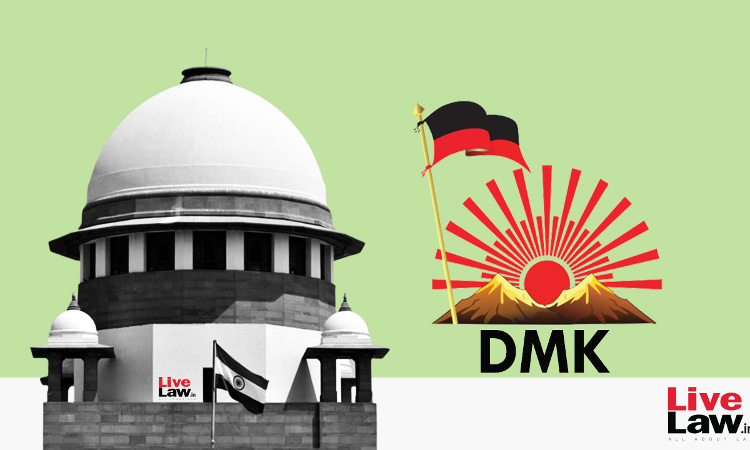In an additional affidavit filed before the Supreme Court, the Dravida Munnetra Kazhagam (DMK) has submitted that the exclusion of Tamil refugees from Sri Lanka from the Citizenship Amendment Act, 2019 (CAA) makes it discriminatory.The Affidavit filed by DMK's Organising Secretary, RS Bharathi states that the CAA is arbitrary as it relates to only three countries, that is Pakistan,...

